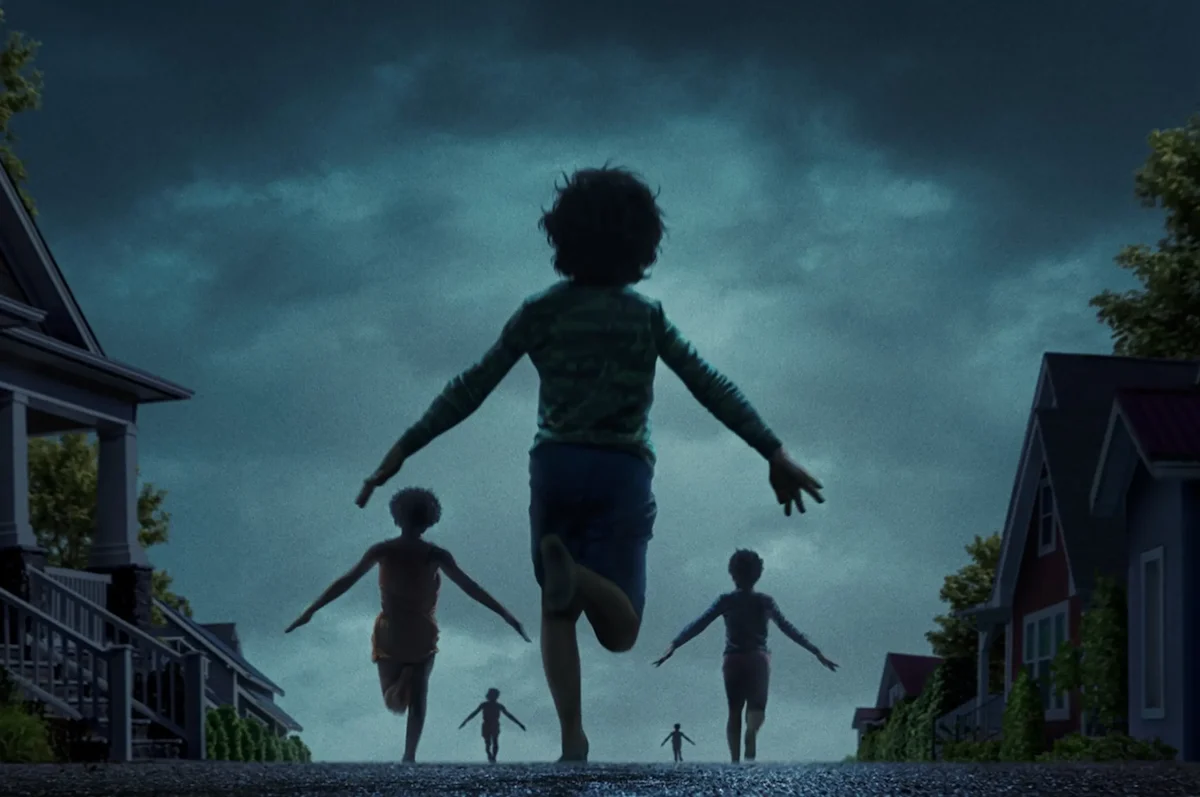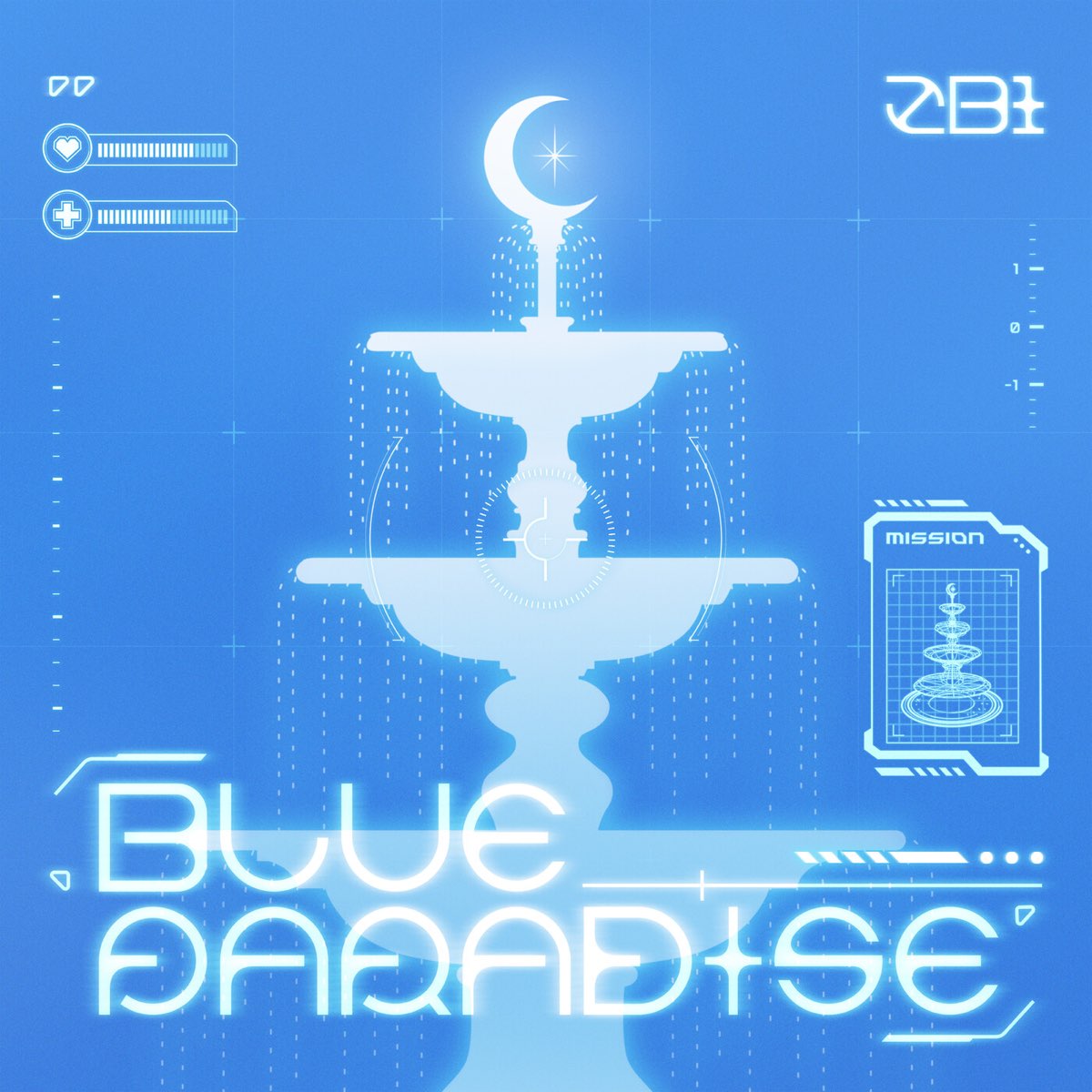Are video games worth studying? Let’s take a step back. Are video games even worth playing?
Hailed for decades as the bane of parents’ existence and the rot of children’s brains, video games have a terrible reputation in our society.
Various studies have highlighted the devastating effects of video game addiction. While a genuine concern, it does not apply to all games as they vary incredibly in design. The popular game platform, Steam, hosted 15,422 game releases in just one year across thousands of different categories. On the same page of recommended games, you’ll see one game designed to keep players playing as long as possible, full of elements like loot boxes or daily challenges, and another game so confusing and abstract that you’ll have to play it in short bursts so you don’t mentally exhaust yourself. You’ll also find games centered around community and connection with friends, and some centered on total isolation meant to be experienced alone. Many video game addiction studies were conducted exclusively on games designed to be addictive, and not on games designed to tell a story or explore a concept like Deltarune or Rain World. These games are enjoyable in a way that encourages deep exploration of its stories and concepts, much like a book, rather than in a way that’s borderline gambling.
Video games are a form of media so diverse that almost every idea can be expressed in ways few other mediums can. For example, imagine describing the emotions you feel when you’re reliving a memory—the desire to stay in the good moments and suppress the bad ones. In a medium like music, art, or writing, expressing an emotion based on personal experience can be difficult to do. However, the California-based game company GoodbyeWorld Games takes the element of interactivity only found in video games and uses it to convey the idea perfectly in their award-winning game, “Before Your Eyes.” Using a camera, the game identifies whether your eyes are open and switches scenes every time you blink. The game takes you through the memories of a recently deceased soul who is on a mission to present its best memories and accomplishments to the queen of the afterlife. You spend the game wanting the fun parts to last as long as possible, but ultimately, you have to blink. Once you do, the moments disappear before you even realize.
Ultimately, I believe you develop a stronger emotional connection to the characters than you would when reading a book, making the game’s message much more impactful. In my personal life, I’ve read nearly 10 times the number of books as I have played games, and yet, none of them have been able to move me to tears as much as Earthbound, Super Paper Mario, and Mother 3 have (except maybe Flowers for Algernon). Playing Earthbound at a point in my life where I was dealing with a bout of depression genuinely flipped my world view on its head. Super Paper Mario helped me understand relationships in a way that I had previously struggled to understand. Mother 3 helped me realise just how many people love and appreciate me in my life. The messages from these amazing games could only have been explored in this format.
These interactive elements of a game are something worth studying in an advanced storytelling class because of the new perspectives it can provide. Mr. Terpstra, a special education teacher and the Naperville North E-Sports general manager, agrees.
“I’d say it’s something that can be explored, as long as it’s done with an educational mindset, particularly for those who are interested in what makes a great video game beyond the gameplay,” he said.
However, Terpstra also mentioned that he imagined this class being taught at the college level rather than in high school. High schools tend to have limited class options due to resources, while colleges can offer more specific, niche topics. If not enough students express interest ina course related to video game storytelling, not many institutions, particularly high schools, will push for one.
Video games can be a valuable resource in teaching, but whether or not they should actually be implemented in a course is dependent on whether or not we, the students and teachers, believe that it’s worth the investment. Even if they don’t become part of the curriculum, I encourage you to try a RPG out for yourself. It might change your point of view.














